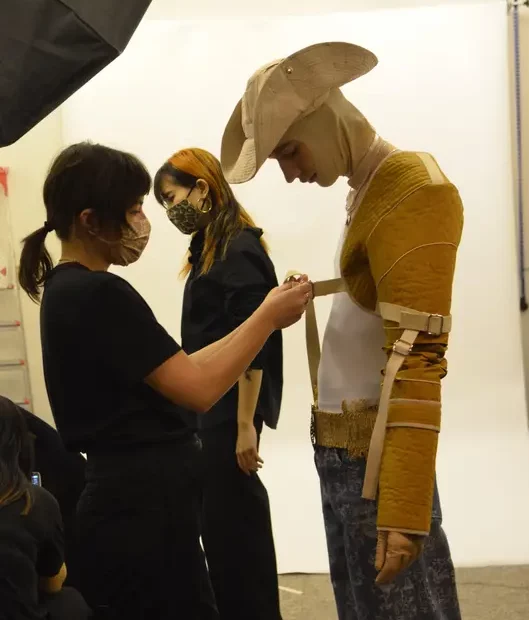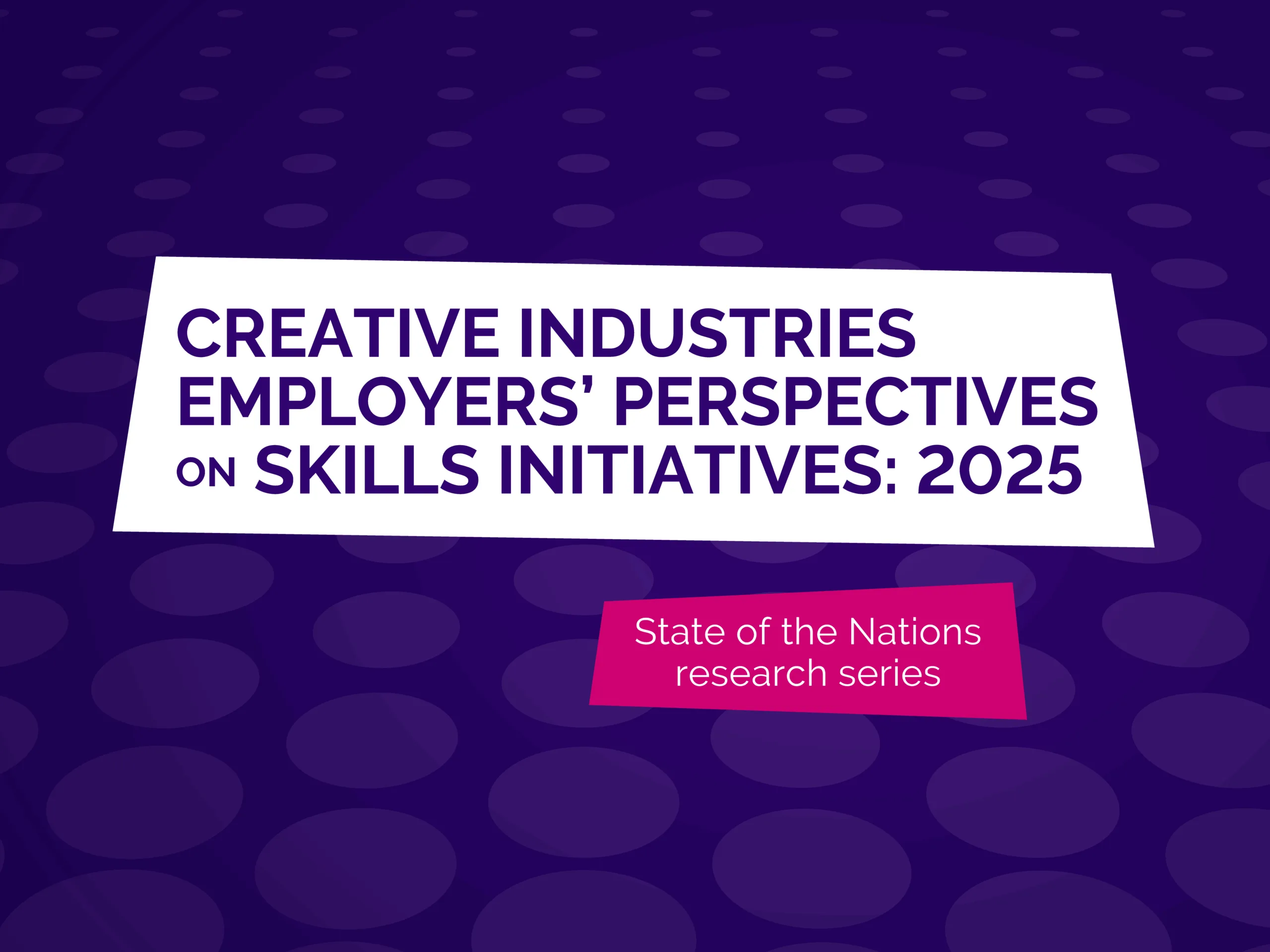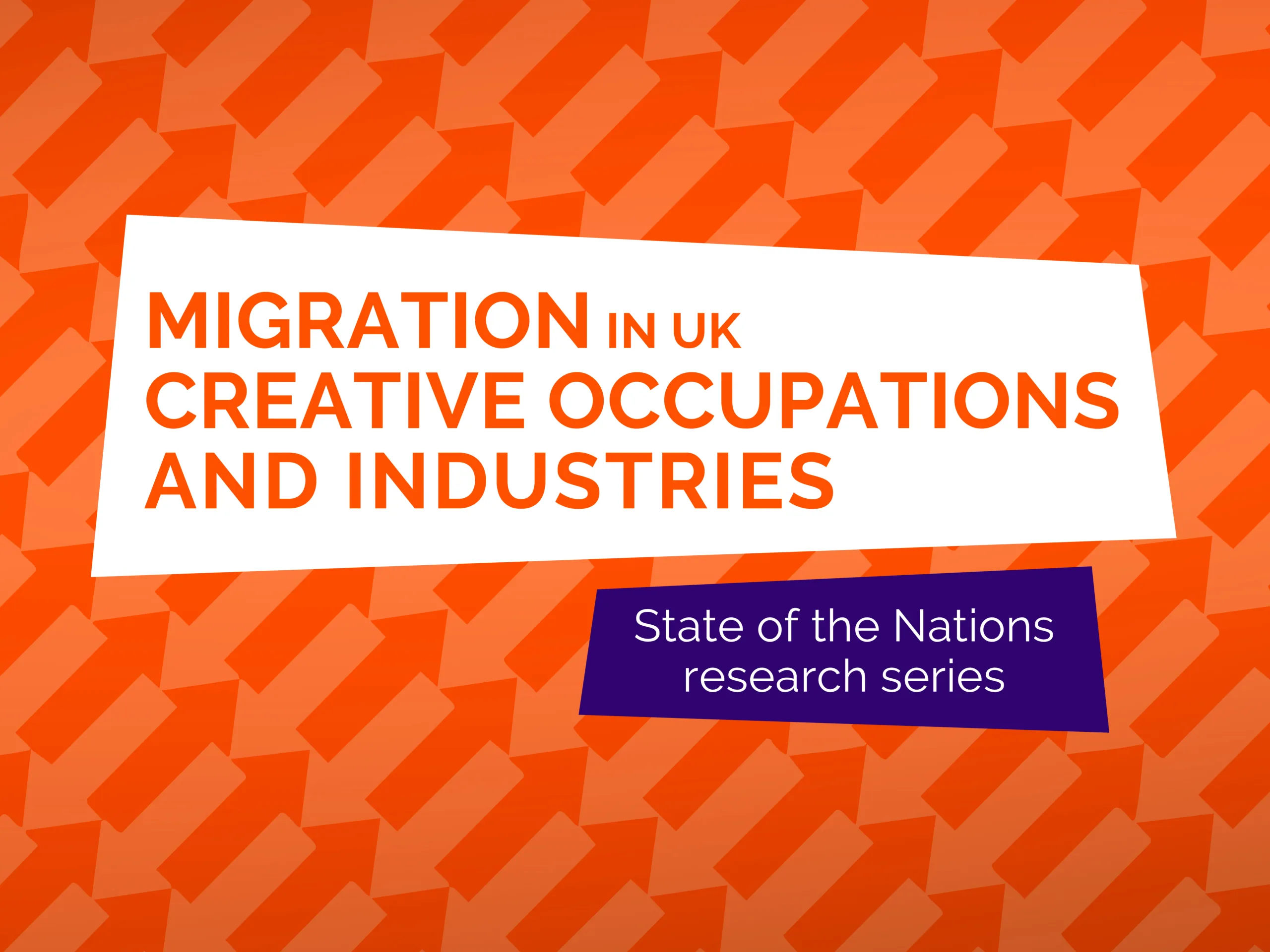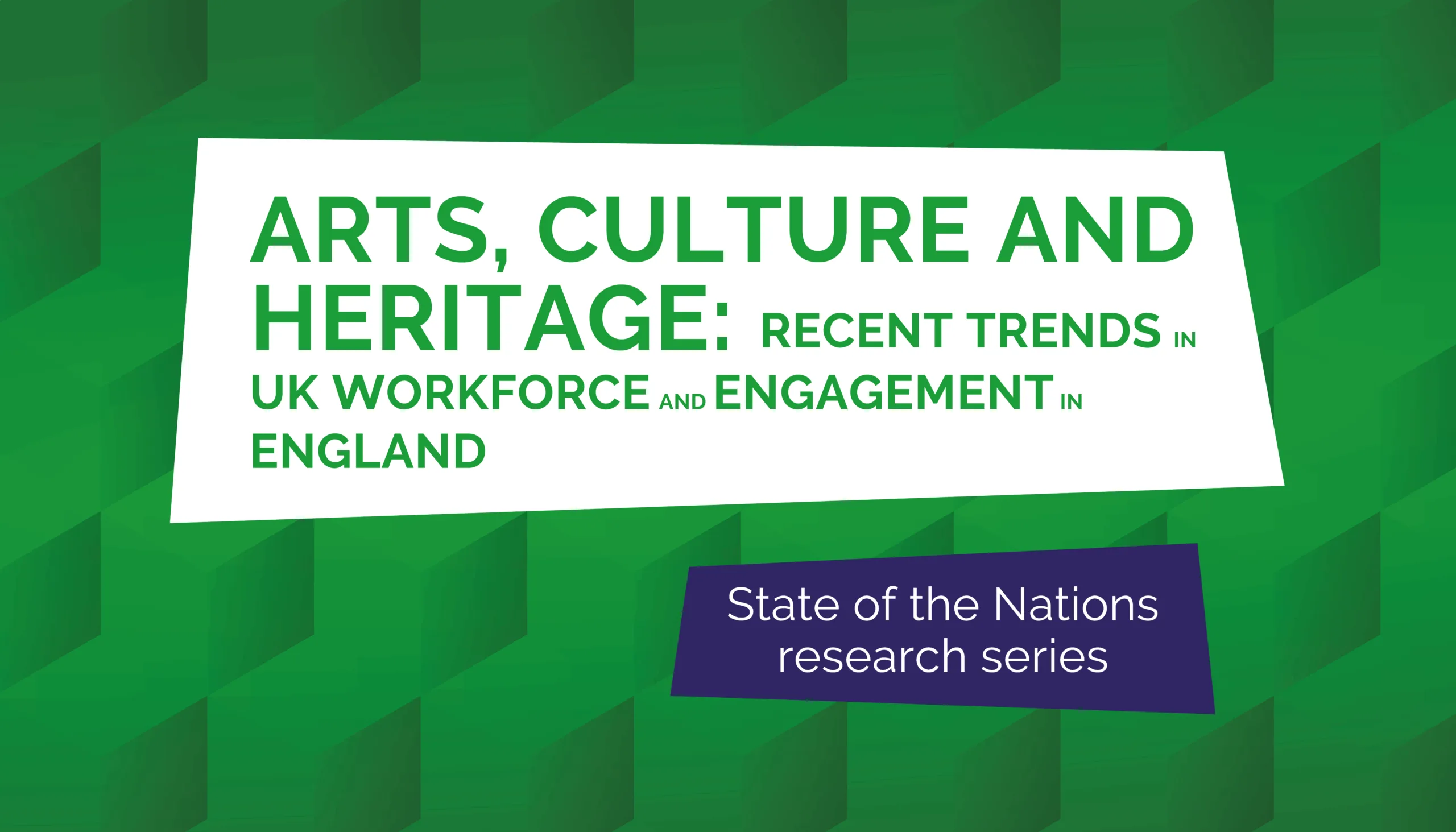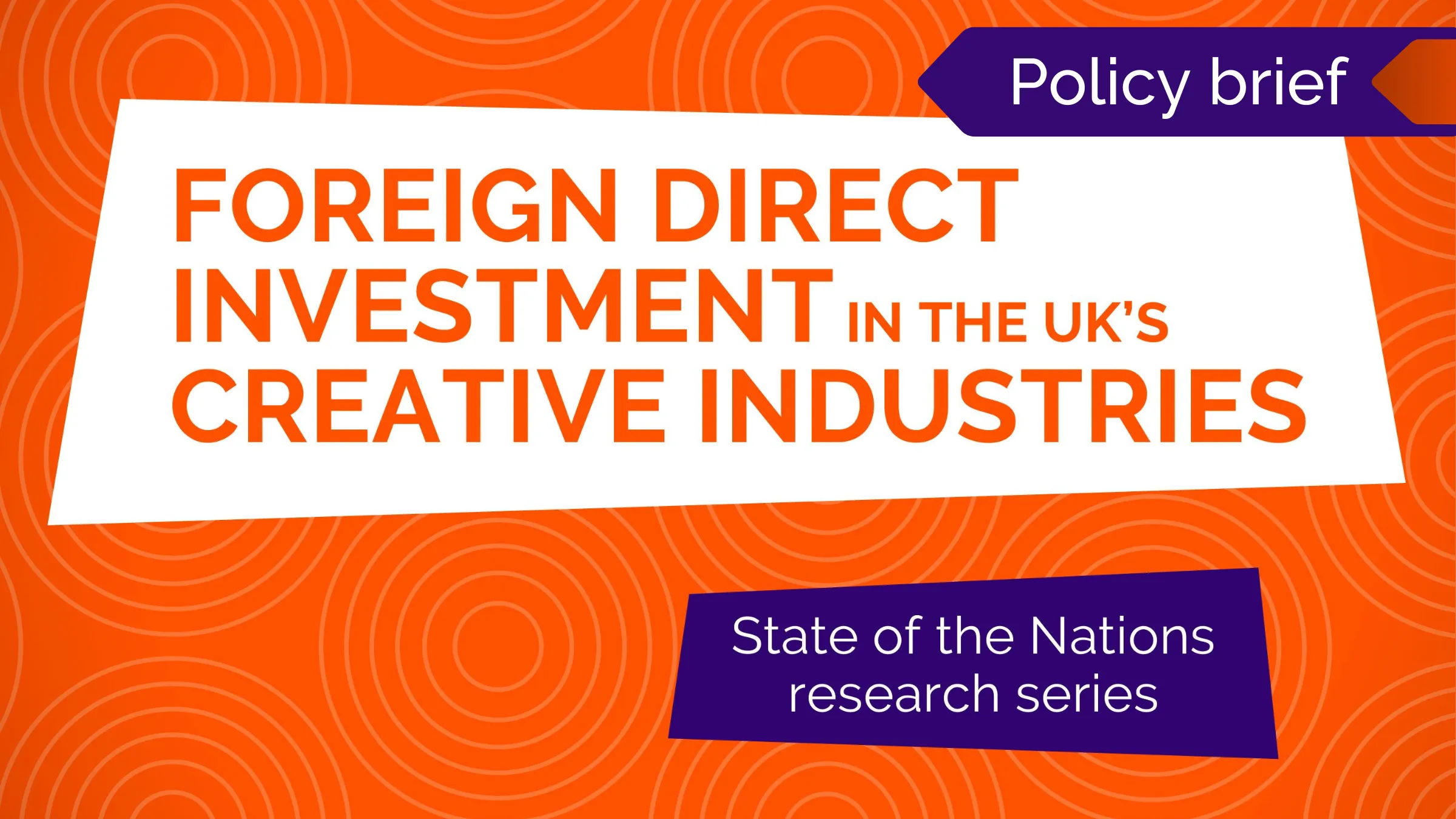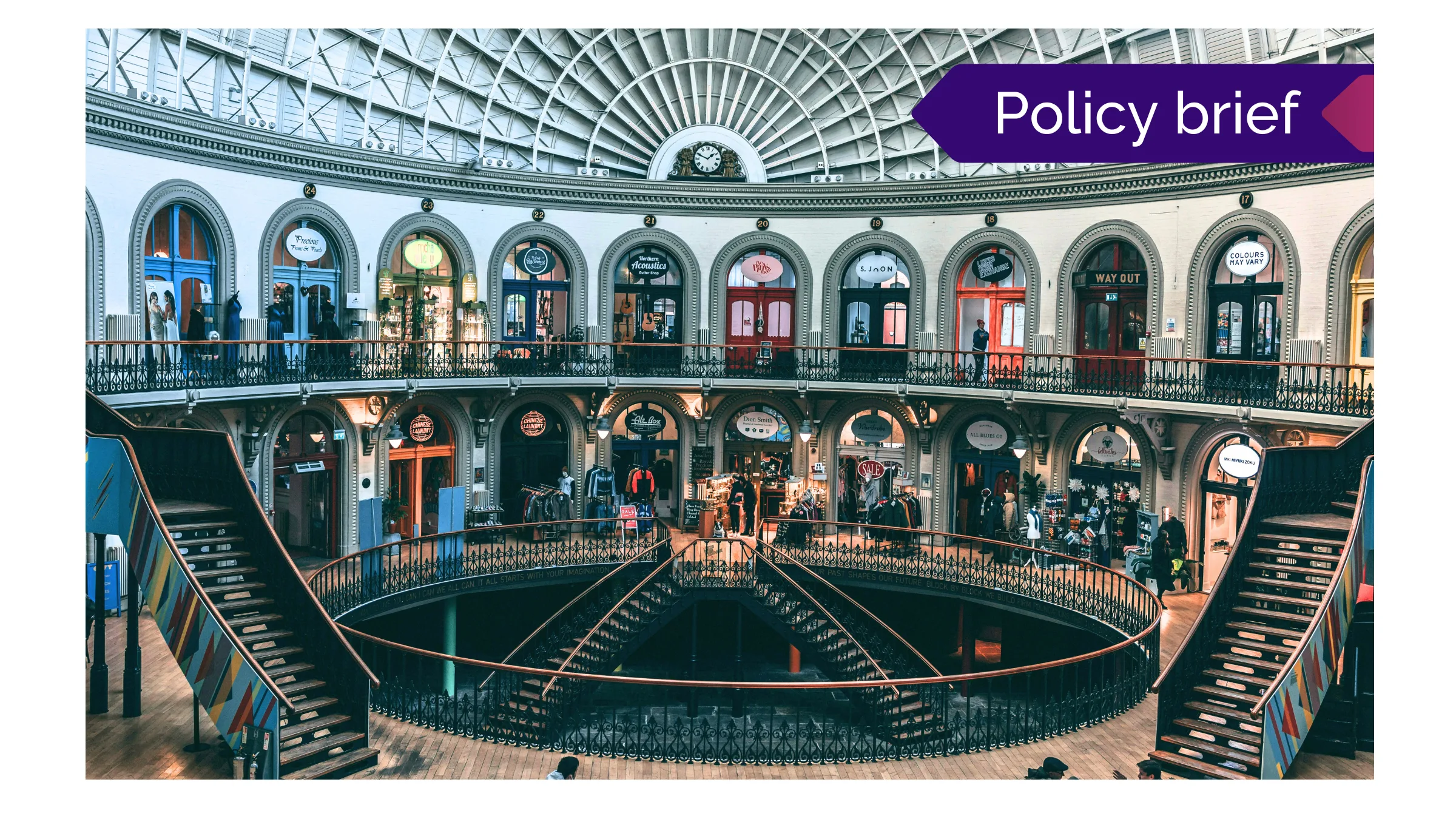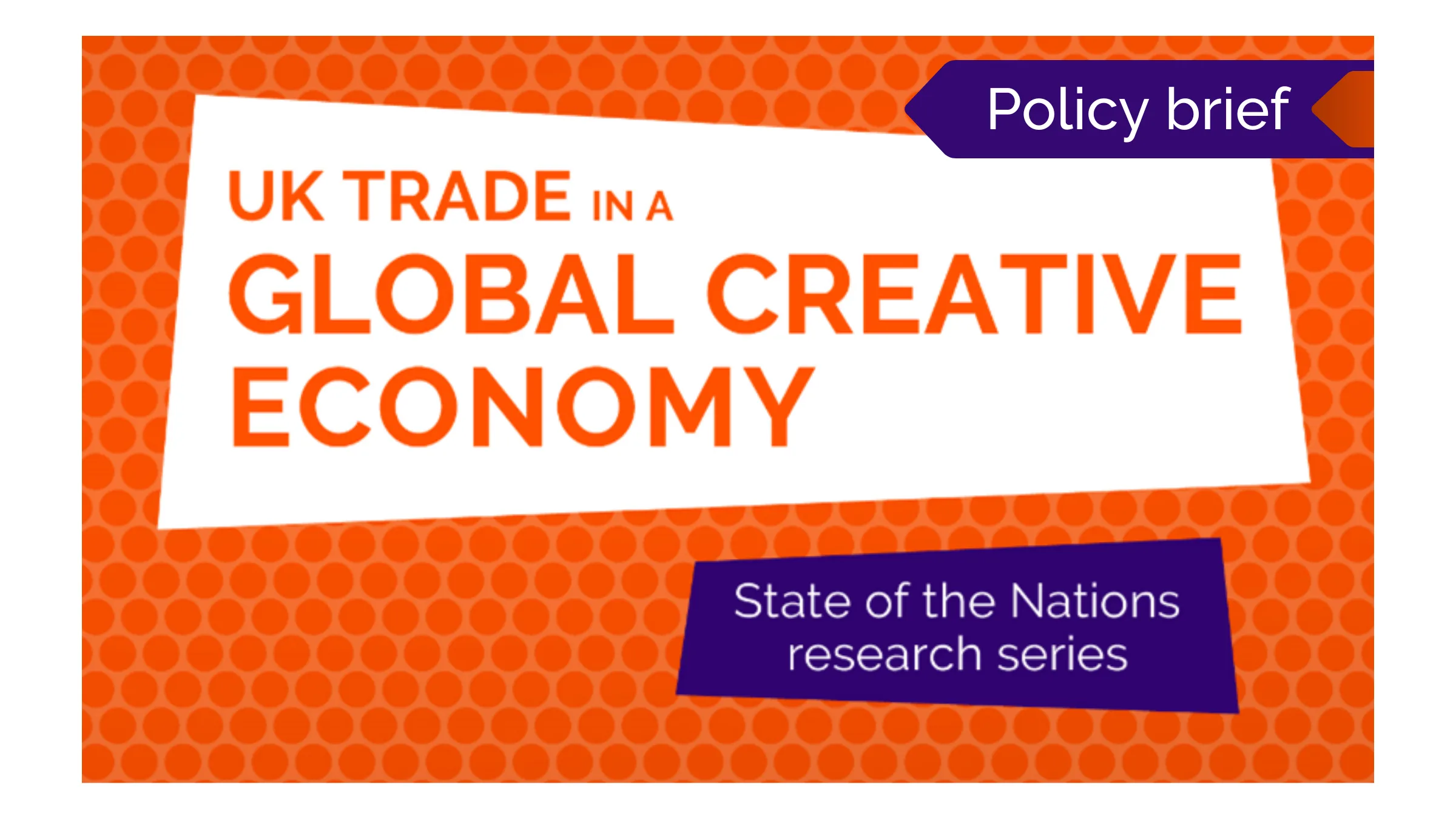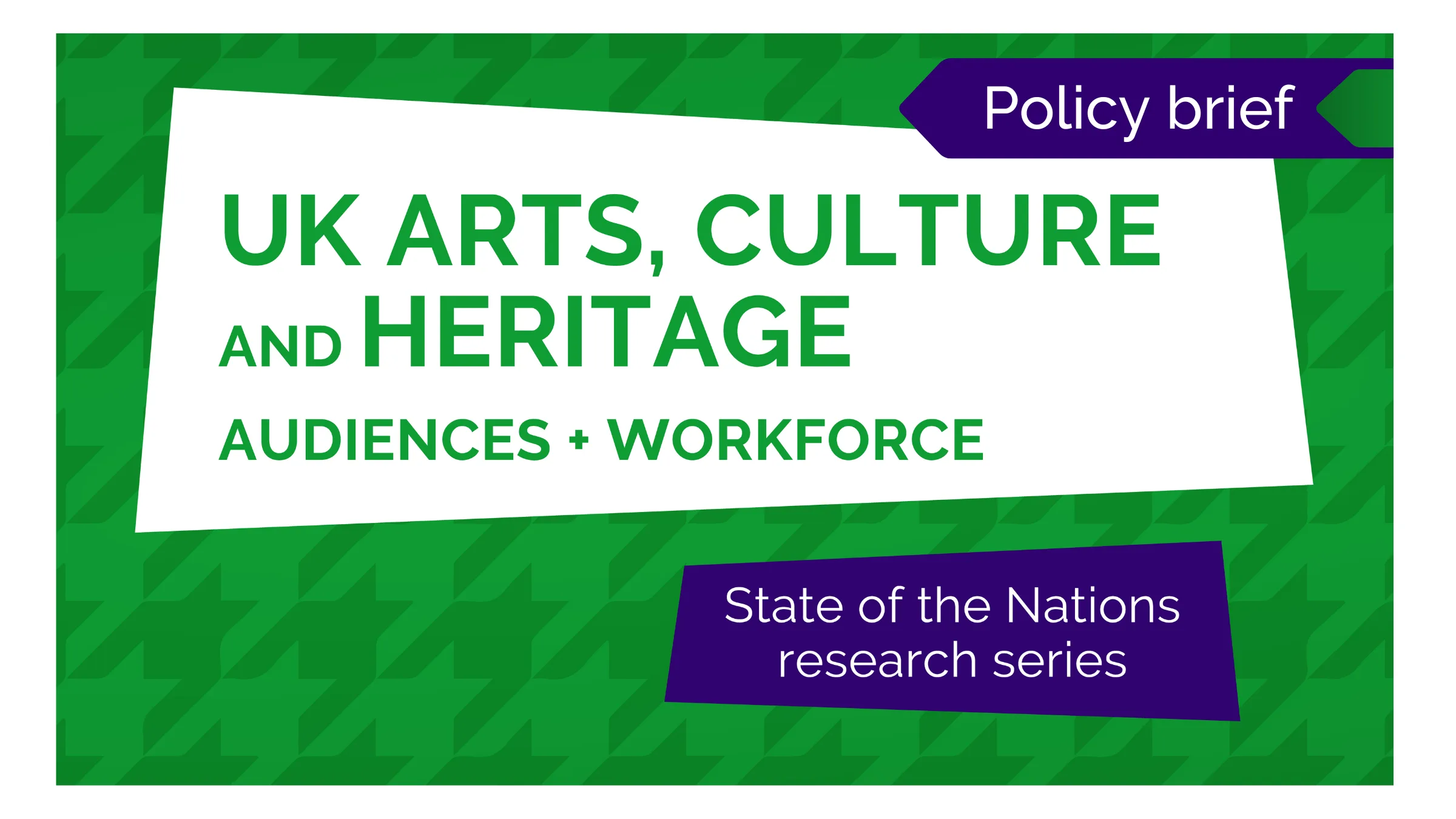Insights from our Industry Champions: in partnership with the Centre for Cultural Value
At the end of March 2021 we consulted a panel of our Industry Champions to gain a deeper understanding of the impacts of the pandemic on creative industries freelancers across the UK. This Industry Panel informs the national research project on the impacts of COVID-19 in the UK, which is led by the Centre for Cultural Value (CCV), in collaboration with the PEC and The Audience Agency.
Our Industry Champions are trusted and respected practitioners, drawn from all parts of the creative industries. They have deep knowledge of industry practice and a desire to inform academic research that leads to better policies for the creative industries. This panel was made up of 15 individuals – both creative freelancers themselves or those who work with freelancers – from a wide range of industries and regions across the UK
The discussion considered the following questions:
- What needs to happen in the short term to get freelancers back on their feet?
- What long-term changes could be made to help freelancers thrive in the future?
- What interventions have worked, and what interventions could work?
There was general consensus that the pandemic has exacerbated challenges that freelancers were already faced with, such as unstable job prospects: research from the previously mentioned national research project has shown that 55,000 thousands jobs in music, performing and visual arts were lost during the first lockdown, and that as a result of the pandemic there has been a collapse in working hours across the sector.
The impact of COVID-19 on the freelancer workforce has been felt in all industries, but it has been a particularly pressing issue for the creative industries where, according to the latest Employment Estimates from the Department of Digital, Culture, Media and Sport, 32.3% of the workforce is self-employed (as opposed to 15.6% of the UK workforce overall). There are several reasons why this is the case: the creative industries function by nature on the basis of “project-based production systems”, where different skills are required for different productions and creativity benefits from collaboration and access to networks. Additionally, and as was emphasised by the panelists, many freelancers have chosen this work-model as a way of life because they enjoy the benefits and flexibility that come with it.
Freelance work is by its nature less secure than employed work, however the pandemic has highlighted the lack of job security and employment support as a major area of concern for the creative industries and an issue that needs to be addressed going forward.
This briefing outlines the key points discussed by the panel, and spells out implications for national and local government policymakers, industry and trade bodies, funders, and research organisations.
Please reference this paper as:
Chandler, J. (2021) Insights from our industry champions – recovery and growth for creative freelancers during and post-pandemic. London: Creative Industries Policy and Evidence Centre. Available from: https://www.pec.ac.uk/policy-briefings/the-impact-of-covid-19-on-freelancers-in-the-creative-industries
Image by Skylar Kang
Related Policy Briefings
Harnessing the growth potential of createch
This insights paper summarises existing evidence on the present opportunities and challenges in crea…
Policy Brief: Creative Industries Employers’ Perspectives on Skills Initiatives: 2025
Overview The Government’s new Industrial Strategy sets a long-term, sector-focused approach to skill…
Policy Brief: Migration in UK Creative Occupations and Industries
Overview The UK’s creative industries are internationally oriented, a fact that’s reflected in its e…
Policy Brief: Arts, Culture and Heritage: Recent Trends in UK Workforce and Engagement in England
Overview Five years after the Covid-19 pandemic, engagement and employment in the arts, culture and …
Policy Brief: Foreign Direct Investment in the UK’s Creative Industries
Read the Policy Brief based on the most recent State of the Nations Report on FDI.
Policy Brief: Insights from the Northern Creative Corridor Workshops Sprint
The Northern Creative Corridor is an initiative aimed at connecting creative clusters across Norther…
Policy Brief: International Trade and the UK Creative Industries
This policy brief examines international trade in the UK creative industries. Drawing on our UK Trad…
Policy brief: Audiences and Workforce in Arts Culture and Heritage
This policy brief uses census data to provide, for the first time, a comprehensive analysis of audie…
Policy Brief: Transitioning to Sustainable Production across the UK Theatre Sector
This policy brief outlines recommendations for transitioning to more sustainable theatre production …
Authors’ Earnings in the UK
This policy briefing sets out areas for possible policy action, proposed by the researchers at CREAT…
Television production, international trade and pressures to consolidate
The UK television production sector is one of Britain’s leading creative export sectors. This briefi…
Three ways to support growth in the creative industries
Three ways to support growth in the creative industries The Creative Industries are an economic powe…
